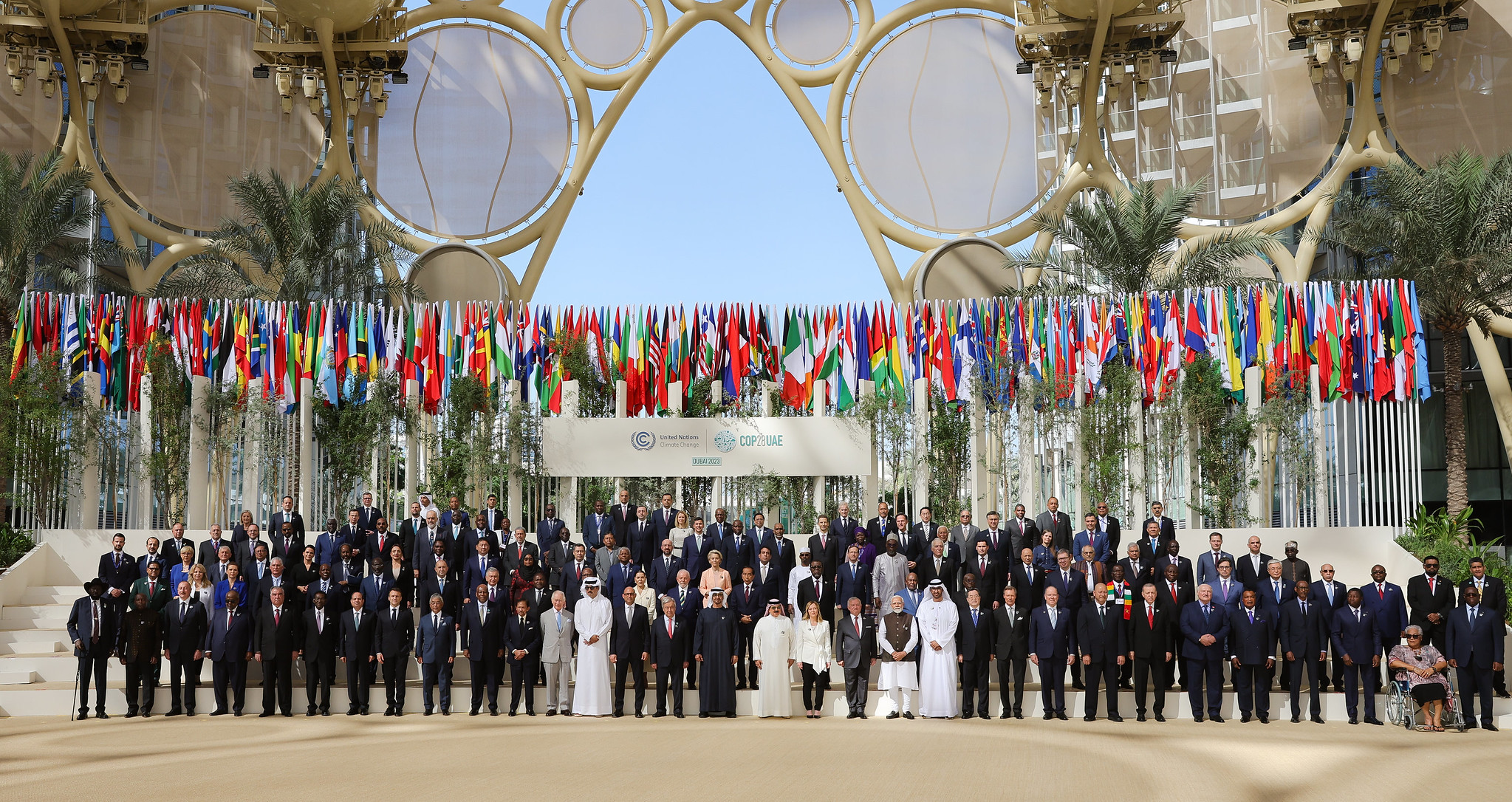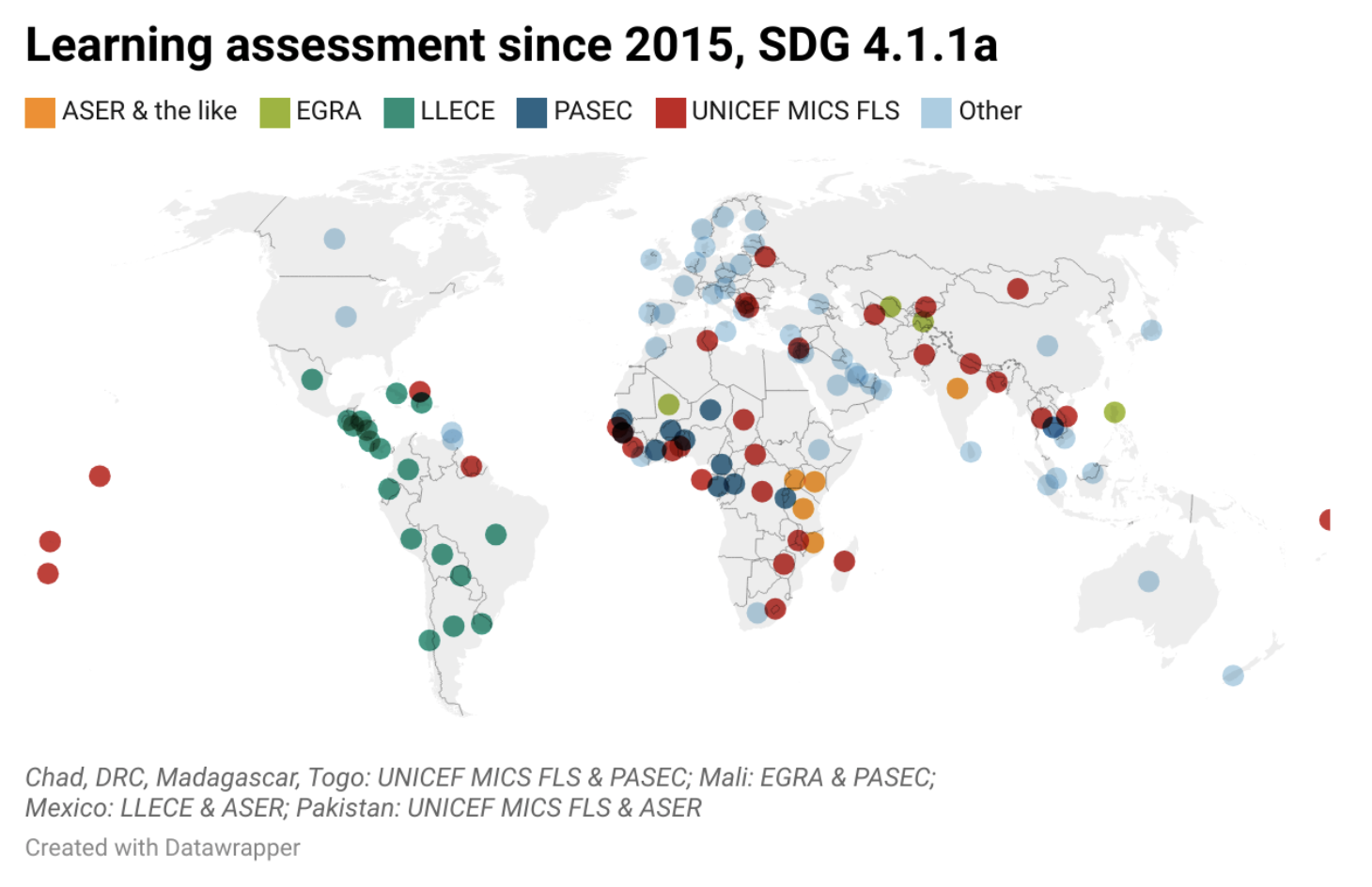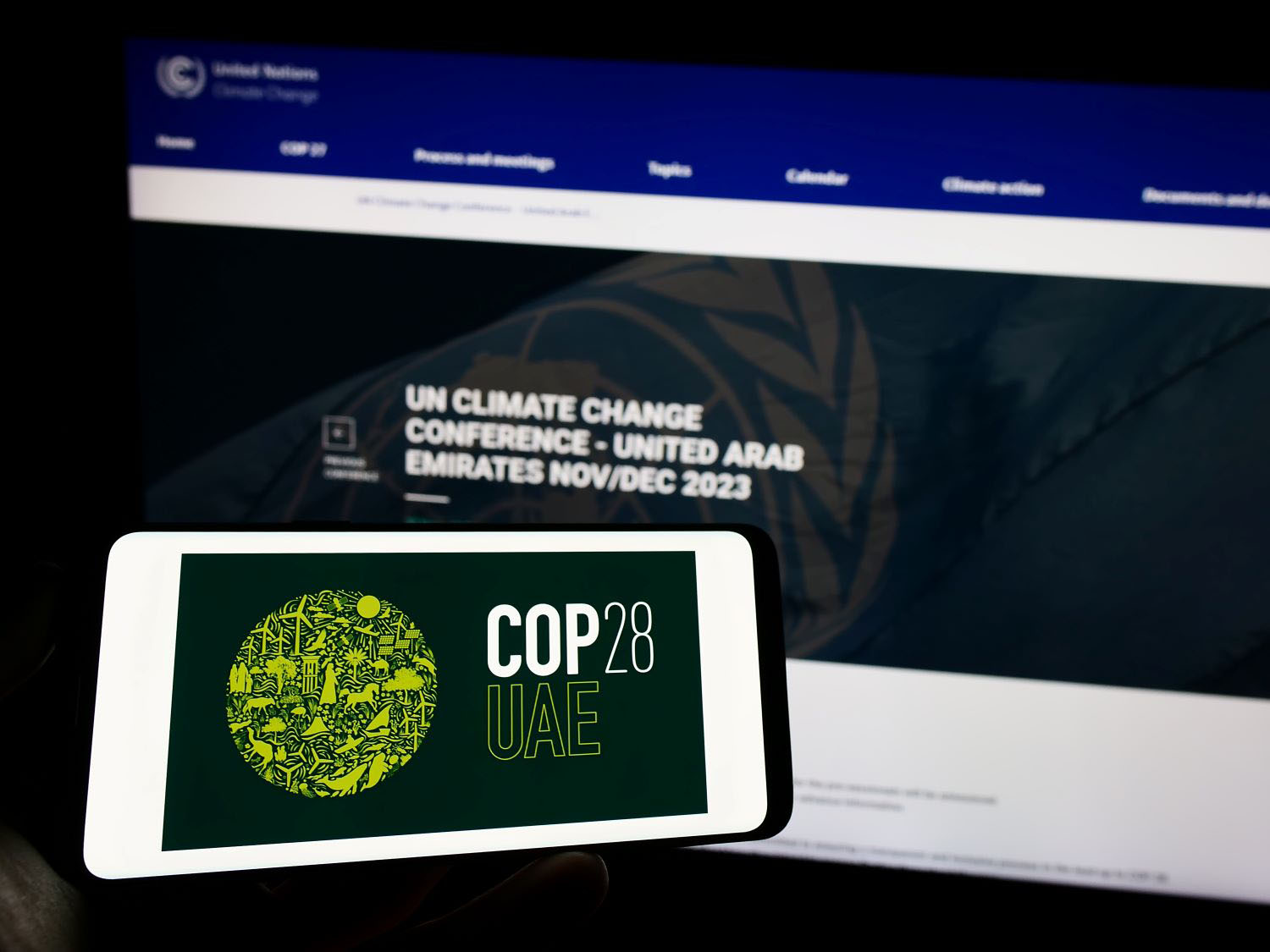This posting is joint with Julia BarmeierAccording to its
website, the United Nations Educational, Scientific and Cultural Organization (UNESCO) has stopped accepting nominations for its UNESCO-Obiang Nguema Mbasogo International Prize for Research in the Life Sciences. But we are guessing that the applicant pool remains quite small. Frankly, who would want his or her name affiliated with one of Africa’s worst dictators? Besides UNESCO, that is.Obiang, who has ruled tiny, poverty-stricken, oil-cursed Equatorial Guinea for more than three decades, first proposed creating a UNESCO prize in his honor in October 2007, and the UNESCO Executive Board approved its establishment in 2008. The $3 million grant provided by Obiang covers the $300,000 prize and another $300,000 each year for administrative costs, for an initial five-year period, giving UNESCO a 50 percent overhead on this endeavor. The prize was first opened for nominations in 2009 with a submission deadline of September 25, 2009. The deadline was subsequently postponed to December 30, and then to April 30, 2010. Endowed and named after the 30 year dictator of a tiny central African country (population 600,000), the prize’s purpose is “to reward the projects and activities of an individual, individuals, institutions, other entities or non-governmental organizations for scientific research in the life sciences leading to improving the quality of human life.”

Obiang has ruled the country since 1979, when he seized power from his uncle in a coup. Although Equatorial Guinea has nominally been a constitutional democracy since 1991, national elections are widely seen as fraudulent. In 2002,
Obiang garnered 97 percent of the vote, and, in 2009, 95 percent. The country has significant offshore oil reserves and in the last decade has become sub-Saharan Africa’s third largest oil exporter. In 2007, oil accounted for
75 percent of GDP and
over 95 percent of government revenue. Despite huge increases in this economic windfall, there have been few improvements in the population's living standards. Although Equatorial Guinea claims a per capita GDP of $28,103 ($33,899 PPP), life expectancy is a mere 50 years, half of children do not complete primary school, and about 15 percent die before age five. The country ranks 118 out of 182 in the Human Development Index.But it doesn’t stop there. Reports issued by the U.S. Senate Permanent Subcommittee on Investigations
in 2004, and again
in 2010, contain substantial evidence that Obiang and his family members have diverted tens of millions of dollars from their country’s natural resource earnings to their private benefit. The 2004 study reported that US-based Riggs Bank turned a blind eye to anti-money laundering obligations and managed more than 60 accounts and certificates of deposit for Equatorial Guinea, its officials, and their family members.Sadly, the story of political leaders squandering their country’s resource rents for personal gain is not a new one. The “resource curse” is by no means unique to Equatorial Guinea and several researchers have proposed sensible ideas to deal with it.
Todd Moss is heading up a
new initiative at the Center that explores the idea of direct distribution of oil revenues in resource rich states.
Alan Gelb was one of the first researchers to analyze the political economy effects of rents in his 1988 book,
Oil Windfalls: Blessing or Curse? Arvind Subramanian has proposed
direct distribution for Nigeria, and
Nancy Birdsall and Subramanian made
a case for this policy in Iraq. Most recently, Moss proposed that
Ghana set up a system for direct distribution before oil revenues come on-stream in 2011.Despite outrage by NGOs and individuals who argue that the $3 million would be better served “improving the quality of human life” in Equatorial Guinea itself, UNESCO Director General Irina Bokova has not returned the funds. A number of human rights and civil rights groups issued a joint letter to Bokova calling to end the UNESCO-Obiang alliance, as has
Human Rights Watch, but UNESO has yet to take steps in this direction.UNESCO should do the right thing—either return the money to Obiang or invest it in primary education in Equatorial Guinea. The United States, the European Union, and others should make sure that this happens, or else withdraw their support from UNESCO.
CGD blog posts reflect the views of the authors, drawing on prior research and experience in their areas of expertise.
CGD is a nonpartisan, independent organization and does not take institutional positions.


 Obiang has ruled the country since 1979, when he seized power from his uncle in a coup. Although Equatorial Guinea has nominally been a constitutional democracy since 1991, national elections are widely seen as fraudulent. In 2002,
Obiang has ruled the country since 1979, when he seized power from his uncle in a coup. Although Equatorial Guinea has nominally been a constitutional democracy since 1991, national elections are widely seen as fraudulent. In 2002, 


